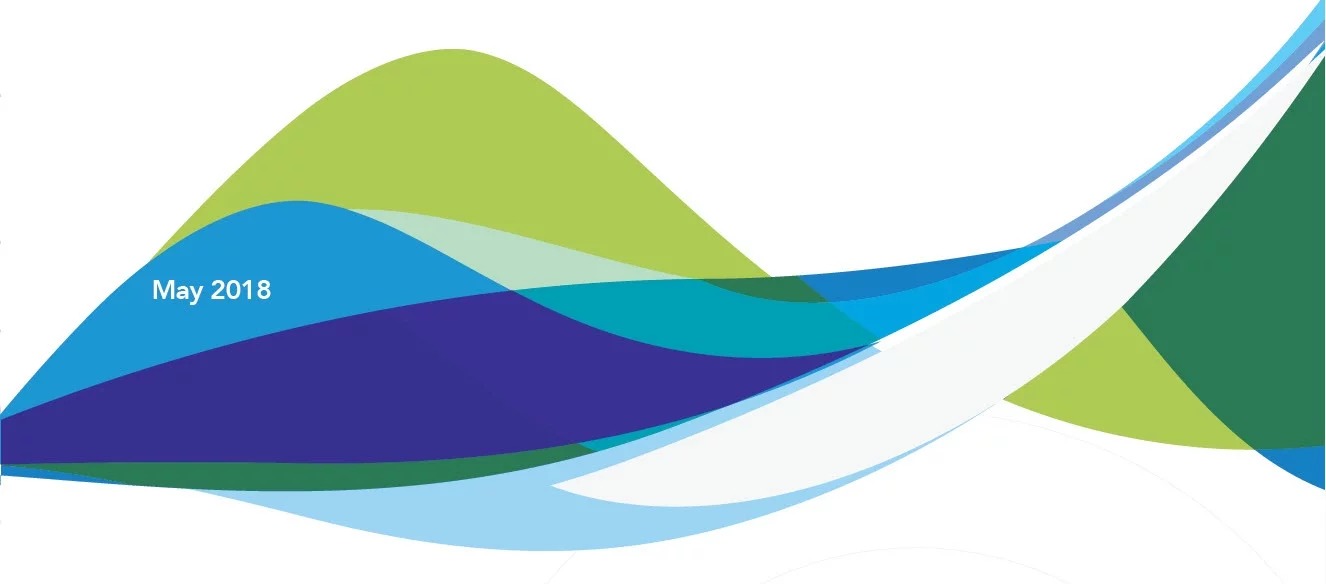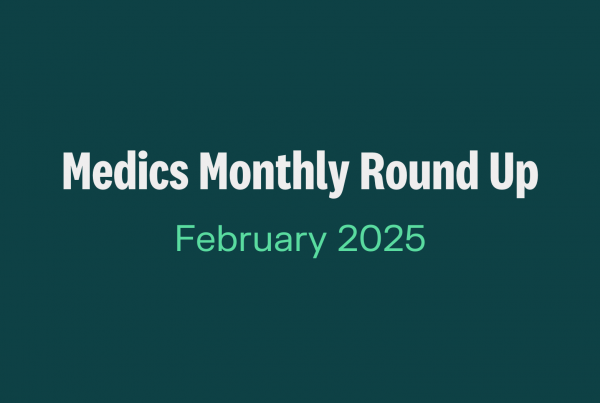The Good Governance Institute (GGI) has been working in collaboration with Allocate Software to explore how mechanised assurance can help to improve the performance of NHS organisations, considering both the challenges the sector is facing and the ongoing movement towards system working.
Following the development of a white paper, produced in collaboration with NHS colleagues, GGI and Allocate hosted a round table in London on 27 February 2018 to launch the first draft of the white paper and refine the recommendations contained within the white paper before its publication. Discussion at the round table ranged from exploring and defining the value of assurance, how effective assurance can support improvement in challenged trusts, and how to ensure assurance is underpinned by engagement and a positive culture.
The session was attended by:
- Sam Armstrong, Board Secretary, Barking, Havering and Redbridge University Hospitals NHS Trust
- Alex Bolton, Safety Learning Programme Manager, Chelsea and Westminster NHS Foundation Trust
- Dr John Bullivant, Chair, GGI
- Andrew Corbett-Nolan, Chief Executive, GGI
- Angela Helleur, Improvement Director, NHS Improvement
- Karen Hunter, Non-Executive Director, Mid Essex Hospital NHS Trust
- Liz Jones, UK Marketing Director, Allocate Software
- Dr Nadeem Moghal, Medical Director, Barking Havering and Redbridge University Hospitals NHS Trust
- Sarah Owers, Product Owner, Allocate Software
- Sara Turle, Member of the Patient Partnership Council, Barking, Havering and Redbridge University Hospitals NHS Trust
Early on in the session, the point was made that there is currently a lack of centralised guidance on assurance, with the focus from the centre often being on compliance rather than assurance. There is room therefore for a more thorough and consistent approach from the centre, and a key focus of the round table was to consider what recommendations could be, for providers, regulators, GGI, and Allocate, as the NHS and assurance move forward.
Governance and assurance
The work and ideas of Professor Mervyn King, Chair of the South African Committee on Corporate Governance, were considered at the round table, with a particular focus on the use of governance as a tool to keep confidence in the system. It was also emphasised that there should be a strong connection within the NHS between quality assurance and the assurance of governance, however, it can often be difficult to describe the value of assurance. Assurance was described as a concept that when it is working well, you often do not notice it. Nevertheless, it is something that in the complex environment the NHS is operating in today it is vital to get right, and the importance of successfully managing tensions between quality, cost efficiencies, and engagement in assurance was emphasised. Also discussed was the ethical and moral bottom line of governance, and that NHS board members are looking after something that is not theirs, and should aim to leave it in a better place than they found it. With this in mind, assurance should be ward to board and beyond, with the public looking to the board for assurance about the performance of their local health services.
Workforce and clinical engagement
Time was spent considering the importance of connecting assurance and workforce – ‘you uncouple the two at your peril’ – as the NHS is a human service. Policies and improvement strategies can live or die based on how far the workforce engages with them and proactively implements them, and it was suggested that the systems used can add value in terms of culture. It is key that any assurance system is reinforced and underpinned by a positive culture that supports staff to be innovative and focused on quality and performance improvement. In challenged trusts, it is also necessary to help staff gain confidence about the issues the organisation is facing. Good governance should be found not just at board level but at department and divisional level, as well as non-clinical areas.
Assurance as an improvement tool
Time was spent considering the typical characteristics often found in challenged trusts. These included:
- Unstable and exhausted leadership
- No existing culture of good governance
- Disengaged workforce and patients
- A sense of seeing the regulator as the ‘enemy’, and negative inspections being a surprise
- An unstructured way of operating and ‘information overload’
- Confused accountabilities and not knowing where to start to improve things
The best improvement plans are often those that facilitate board discipline and challenge while also focusing on doing fewer things really well, and are supported by robust systems that continuously check the data and the impact being made on performance. These often help to improve staff morale and engagement. Meanwhile an assurance system that is constantly updating the data and facilitating communication between ward and board can be useful in addressing some of the issues often found in challenged trusts. It was suggested that an organisation cannot be successful if it is not rooted in learning, and having the right assurance systems in place can help to support a culture shift towards continuous learning. When you get the systems right, you can focus on the improvement of performance, engagement, and outcomes.
Regulation
A key challenge for NHS organisations to manage is the sheer number of different regulators asking for variations on the same information, with no apparent connection between them, while staff are suffering from ‘regulation fatigue’. It was suggested that it may be helpful to challenge the regulators about the burden currently placed on organisations, and that the shape of regulation needs to be designed from the ground as well as the centre. It would also be helpful for regulators to move away from seeing, for example, long termism vs short termism, and cost efficiencies vs quality improvement, in a siloed manner. What is good and reasonable practice for sharing information?
Data and technology
The NHS is still seen as being ‘data rich, but information poor’, and the many different contexts in which we need to collect data for assurance and regulatory purposes does not alleviate this situation. In many cases, the way that data is displayed to NHS boards does not truly describe how the organisation is performing, and it is important that data is meaningful to all stakeholders. However, the next wave of technology disruption is arriving now with the introduction of artificial intelligence (AI), which provides an opportunity to ‘hard-code’ the vast array of data being collected. The NHS currently has an opportunity like no other to innovate on a scale that really makes a difference. AI will however need to be supported and governed by robust assurance systems, which we need to think about carefully to ensure that we’re asking the right questions of AI. Key here is the setting of vision and purpose: what do we want to achieve, and how do we get there?
The question was asked why, in 2018, NHS organisations are not mechanising everything they can, from assurance, to staffing data, to pharmacy data. The more current and accurate your assurance data is, the less the regulators will need to see. It was recommended that, moving forwards, organisations should be appointing a Chief Clinical Information Officer (CCIO) to provide an interface between clinical areas and technological and data innovation.
Sustainability and Transformation Partnerships (STPs) and shared assurance
It was noted that in the NHS there has been no tradition of taking into account how what other organisations are doing can impact your own governance arrangements, but with the move in national policy towards STPs, this will become increasingly important. The regulators will need to find a way to fairly regulate both individual organisations and the wider systems in which they sit, while questions exist on how shared assurance frameworks can be implemented. It was emphasised that STPs need to proactively create their shared assurance arrangements, rather than these being centrally imposed.
Next steps and recommendations
The round table concluded with suggestions for recommendations, as the Handbook to the NHS Constitution is renewed in 2018. Recommendations were considered for providers, regulators, GGI and Allocate. A full list of recommendations can be found in the white paper, but if you have any further suggestions, please contact me.

Laura joined GGI in June 2016 as a researcher in the Knowledge Management team, where she provided programme support on a range of projects and was also involved in developing and maintaining GGI’s body of knowledge. Laura is now in the Programme Delivery team, where she continues to provide project management support as well as ensuring that knowledge and learning from GGI’s projects is shared throughout the team. Whilst at GGI, Laura has worked on a number of projects involving the integration of health and care services and new models of care, which has included providing support to the development of an Accountable Care System in the north of England. Laura has also provided project management support on a range of governance reviews, within both the NHS and universities. Currently, Laura is working on a variety of research-based programmes of work. These include looking at how flexible infrastructure may help acute trusts and GP federations to use their assets more innovatively, and the potential role that care homes can have in the development of Sustainability and Transformation Plans (STPs). Prior to joining GGI, Laura studied Classics at King’s College London and graduated with a first class degree in July 2016, with her dissertation focusing on the poetry of Ovid. During her time at King’s, she also volunteered with The Iris Project, teaching Latin in London state schools.




